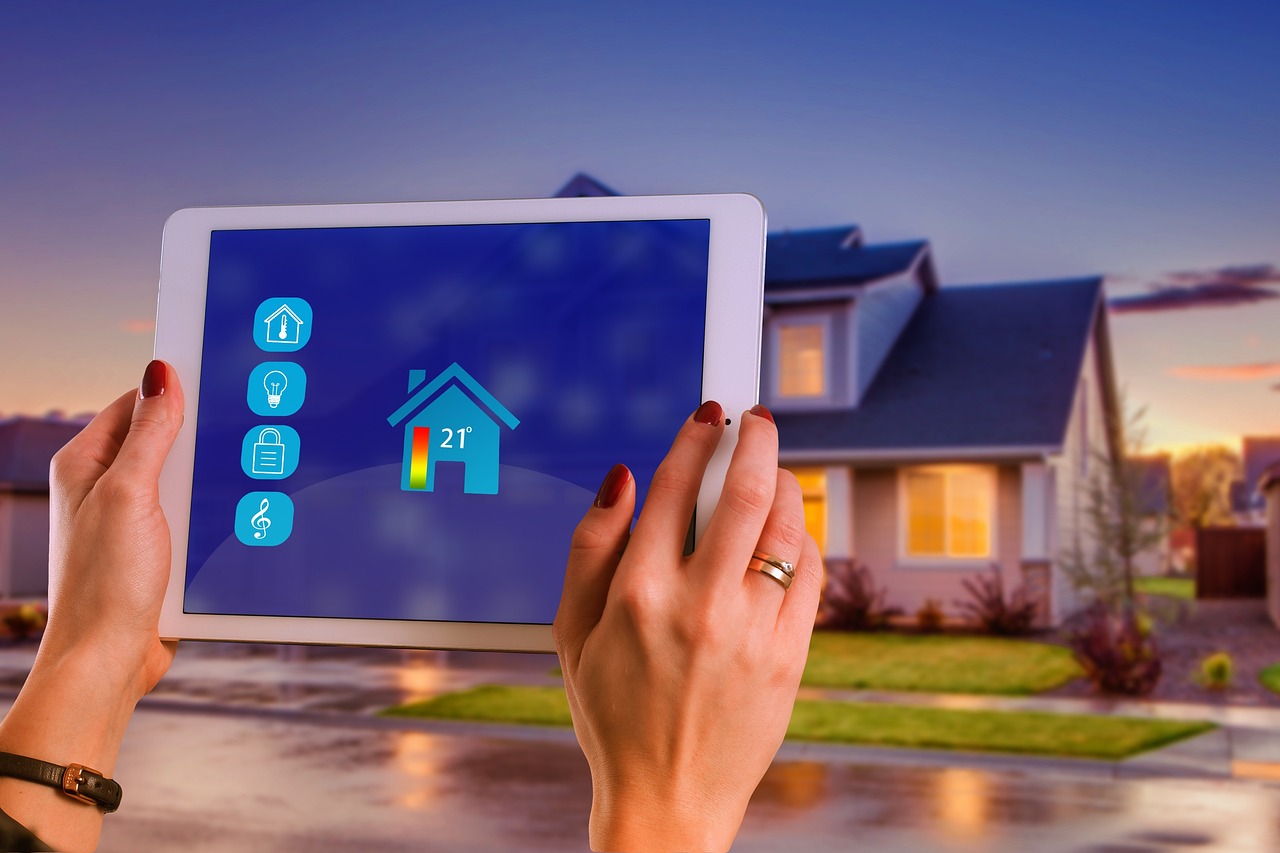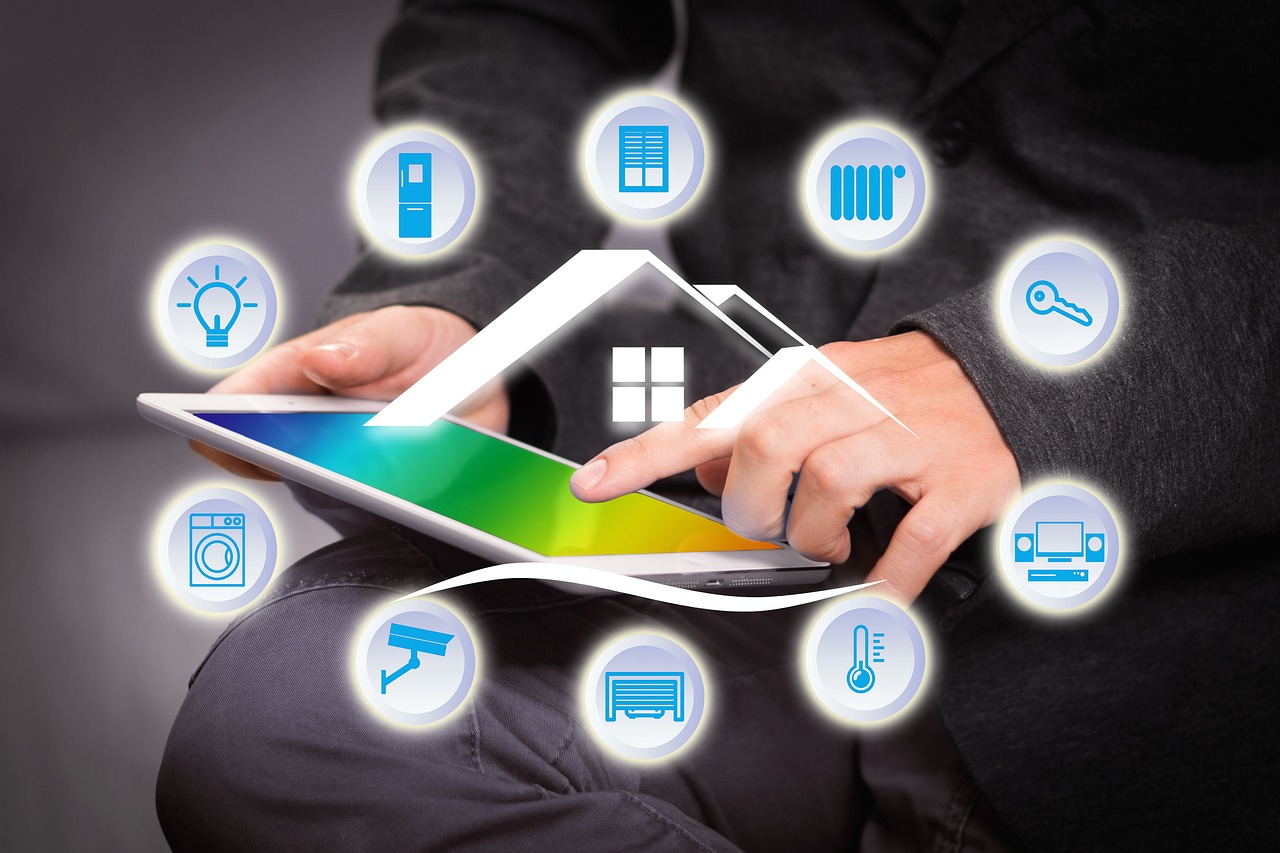Physical Address
304 North Cardinal St.
Dorchester Center, MA 02124
Physical Address
304 North Cardinal St.
Dorchester Center, MA 02124

In the bustling world of kitchen innovations, you’ve likely heard a lot about smart refrigerators and their emerging prevalence in homes. With a blend of technology and convenience, these appliances promise to revolutionize the way you store and manage your groceries. But, as they increasingly become a staple in modern kitchens, it’s worth pondering: Is the rise of smart refrigerators truly justified? Let’s explore the value they bring to your daily life and whether they’re a smart investment for the future of your kitchen.

A smart refrigerator is an advanced version of a traditional refrigerator that encompasses a variety of internet-connected features. These appliances are designed to improve your culinary life by incorporating capabilities like inventory management, integration with smartphones, and enhanced food preservation. Generally, they feature internal cameras, touch screens, and connectivity through Wi-Fi, enabling you to see inside your fridge remotely, set reminders for expiring products, and even stream music or display recipes.
The evolution from traditional to smart refrigerators represents a significant leap in appliance technology. Traditional models focused purely on preserving food at optimal temperatures. However, smart refrigerators have transformed this landscape by introducing features that aim to streamline kitchen management. They provide interconnectivity with other smart devices, offer insights into your eating habits, and even assist in shopping list creation based on inventory levels.
Several tech giants and appliance leaders have ventured into the realm of smart refrigerators, each presenting flagship models showcasing their vision of kitchen innovation. Samsung and LG are at the forefront, with models like Samsung’s Family Hub and LG’s InstaView ThinQ leading the pack. These models emphasize not only food preservation but also act as central hubs for managing not only your groceries but your entire smart home ecosystem.
One of the standout features of smart refrigerators is inventory management facilitated by internal cameras. You can peek inside your fridge remotely via a smartphone app, allowing you to check what’s in stock without opening the door. This feature can help minimize waste and make grocery shopping more efficient, ensuring you only buy what you need.
The seamless integration with smartphones offers real-time notifications about various factors, including open doors, expiring products, and even when it’s time to replace the water filter. This connectivity ensures that you’re always in the loop, making your kitchen management smarter and more proactive.
Smart refrigerators are designed with energy efficiency in mind. They often include features that reduce energy consumption, like adaptive cooling and being able to operate more efficiently due to better insulation and compressor technology. This not only helps in reducing your carbon footprint but also contributes to lower electricity bills.
Beyond just cooling, smart refrigerators utilize advanced food preservation techniques to extend the lifespan of your groceries. This includes precise temperature controls, dedicated compartments with customizable humidity levels for fruits and vegetables, and air purifying systems to keep perishables fresh for longer.

Market research indicates a gradual but steady increase in the adoption of smart refrigerators. As consumers become more acquainted with the benefits and convenience offered by these appliances, their popularity is expected to rise. Key drivers for adoption include the appeal of having an organized and efficient kitchen, along with the allure of cutting-edge technology.
Primary adopters of smart refrigerators tend to be tech-savvy individuals and families who are already comfortable using smart home technology. They are usually from middle to upper-income brackets, valuing convenience, efficiency, and the integration of technology into their daily lives.
The general attitude towards smart home appliances has been increasingly positive, with many consumers expressing interest in how these technologies can simplify tasks and contribute to a more sustainable lifestyle. Nevertheless, concerns about privacy, security, and technological dependence remain prevalent among skeptics.
Internet of Things (IoT) connectivity has revolutionized refrigerator functionality by enabling these appliances to communicate with other smart devices and services. For instance, your refrigerator can notify you when you’re running low on milk, order groceries online, or suggest recipes based on the ingredients available in your fridge.
Within the smart kitchen, IoT can seamlessly integrate appliances, allowing them to work together efficiently. Your smart refrigerator could sync with your smart oven to preheat it for a recipe it just suggested based on your current inventory. This interconnected ecosystem represents the next step in kitchen convenience and efficiency.
Looking ahead, the possibilities for smart kitchens are vast. Imagine refrigerators that can analyze your dietary preferences and health goals, then suggest meal plans or automatically adjust orders to your online grocery service. The integration of artificial intelligence could further personalize the kitchen experience, making it not just smart, but intuitive.

Smart refrigerators come with a higher price tag compared to traditional models, often due to the advanced technology and connectivity features they encompass. While a high-end conventional refrigerator might cost somewhere between $1,000 to $2,000, smart models can easily exceed $3,000, depending on the brand and features offered.
The debate on long-term savings is ongoing. Proponents argue that smart refrigerators, through their energy-efficient features and ability to reduce food waste, can lead to significant savings over time. Critics, however, point out the higher upfront cost and potential for expensive repairs as counterarguments. The reality likely lies somewhere in between, with savings being influenced by individual usage patterns and the model’s energy efficiency.
Maintaining a smart refrigerator might incur higher costs than traditional models, primarily due to the advanced technology involved. Repairs may require specialized technicians, and replacing smart components can be more expensive. Additionally, software updates and possible subscription services for some features might add to the overall cost.
With smart refrigerators being connected to the internet, there arise potential risks of data breaches. Cybersecurity is a significant concern, as hackers could potentially access personal information or, in worst-case scenarios, use the appliance as a gateway to infiltrate other connected devices.
The use of internal cameras and connectivity features in smart refrigerators also brings up privacy implications. The idea of having in-home surveillance can be unsettling for some, raising questions about data collection and how manufacturers protect and use this information.
In response to these concerns, manufacturers are continuously working on enhancing the security measures of smart refrigerators. This includes employing encryption for data transmission, regular software updates to patch vulnerabilities, and user-controlled privacy settings to manage data sharing preferences.
The durability of smart refrigerators, compared to traditional models, is a topic of debate. While smart models incorporate the latest technology, they also have more components that could potentially fail. Manufacturers argue that advancements in technology also lead to improved reliability and longevity; however, the real test comes with time and usage.
Common technical issues with smart refrigerators can include connectivity problems, glitches in touchscreen interfaces, or failures in smart components. These problems can sometimes require assistance from specialized technicians, reflecting the complexity and sophistication of these appliances.
Manufacturers typically offer warranties that cover repairs for smart refrigerators, including labor and parts. Extended warranties and service plans are also available, providing additional coverage for technical issues. Services are increasingly being tailored to address the specific needs of smart appliance maintenance.
Smart refrigerators can positively impact your eating patterns by making it easier to track and manage your food inventory. Features like recipe suggestions based on available ingredients and expiry date tracking encourage the consumption of fresh food and can reduce the temptation for take-out or processed foods.
The convenience provided by smart refrigerators influences cooking and grocery shopping habits, making both activities more efficient and less time-consuming. The ability to monitor inventory and receive notifications for needed items can streamline shopping routines, while recipe suggestions can inspire more home cooking.
User testimonials and case studies have highlighted the benefits of smart refrigerators in daily life. Many users appreciate the convenience, improved food management, and the nudge towards healthier eating habits. The integration with smart home systems also offers a level of efficiency and control that enhances the overall lifestyle.
Smart refrigerators are generally more energy-efficient than their traditional counterparts, thanks to advancements in insulation and cooling technologies. While the upfront cost is higher, their lower energy consumption can contribute to environmental sustainability and potentially lower utility bills in the long run.
By helping to manage food inventory more effectively, smart refrigerators play a crucial role in reducing food waste. Features like expiry date tracking and recipe suggestions based on available ingredients encourage the consumption of food before it spoils, directly contributing to less waste.
The disposal of smart refrigerators raises environmental concerns due to their electronic and smart components. However, manufacturers and recycling centers are increasingly adopting practices to responsibly recycle and dispose of these appliances, ensuring that hazardous materials are properly handled and valuable components are reclaimed.
When considering a smart refrigerator, it’s crucial to weigh the pros, such as convenience, efficiency, and potential savings, against the cons, including the higher upfront cost, maintenance expenses, and privacy concerns.
The justification for the premium on smart refrigerators depends on individual preferences and priorities. For those who value the integration of technology into their daily lives and the potential benefits it brings, the investment can be seen as worthwhile.
In making an informed decision, consider your needs, budget, and lifestyle. Look into the features offered by different models, their energy efficiency, and how they might fit into your daily routines. Weighing the potential long-term benefits against the initial cost and privacy considerations will help you determine if a smart refrigerator is the right choice for you.